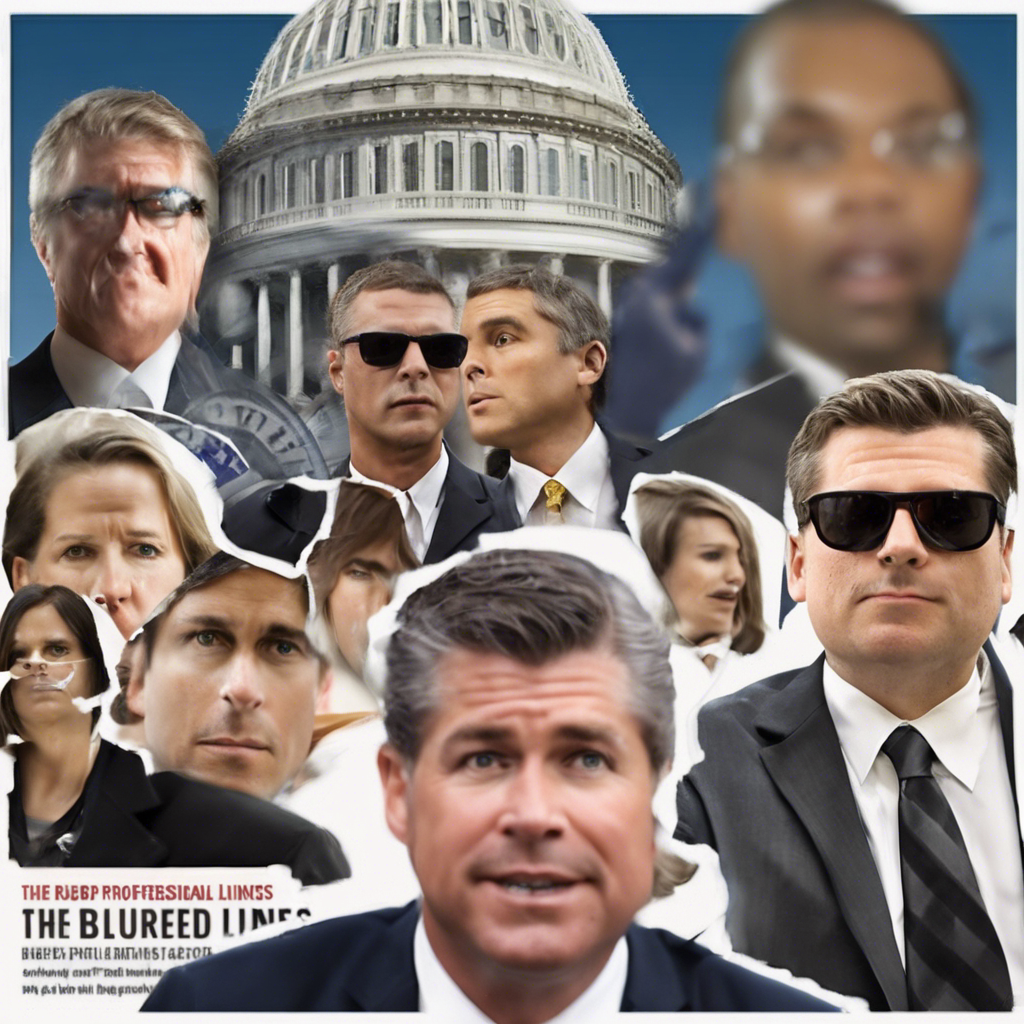The Blurred Lines: When Federal Officials Become Activists

The blurred boundaries between public duty and personal activism
In a recent turn of events, federal officials have found themselves at the center of controversy as they use their positions to raise awareness and protest against federal policies. These officials, instead of resigning or being fired, have chosen to leverage their roles to influence change from within. However, this raises questions about the blurred lines between their responsibilities as public servants and their personal activism. This article delves into the implications of this phenomenon and explores how it reflects a broader confusion of roles in our society.
The Muddled Boundaries
The organizers of these protests seemed to be operating under the belief that they were acting as insiders, using their positions to bring about change. However, their actions violated the basic norms of federal employment and potentially even the law. By blurring the boundaries between their roles as federal officials and their personal activism, they raise concerns about the integrity and impartiality of public institutions.
Dysfunction in Congress
This confusion of roles is not limited to federal officials but extends to the dysfunction within Congress as well. Many members treat the institution as a platform for expressing dissent rather than a space for legislative negotiation. Congressional hearings have transformed into production sessions for social media posts, undermining the opportunity for collective deliberation and debate. The focus has shifted from substantive policy concessions to positioning oneself as an outside observer, narrating a morality play where ineffectiveness becomes a symbol of purity.
The Allure of Notoriety
Some members of Congress openly embrace this new paradigm. Representative Matt Gaetz of Florida, when asked about gaining notoriety outside Congress rather than influence within it, dismissed the distinction, emphasizing the need for visibility to make a difference. This mindset prioritizes personal recognition over substantive policy outcomes, further blurring the line between public duty and personal ambition.
The Impact on Governance
When federal officials and members of Congress prioritize personal activism over their public responsibilities, the consequences for governance can be severe. It undermines the trust and credibility of public institutions, erodes the ability to negotiate and compromise, and hinders the progress of meaningful legislation. The focus on performative acts and symbolic gestures detracts from the substantive work needed to address the pressing issues facing our nation.
Conclusion:
The recent actions of federal officials using their positions to advance personal activism highlight the confusion of roles that permeates our society. From Congress to federal agencies, the line between public duty and personal ambition has become increasingly blurred. This trend undermines the effectiveness of public institutions and hinders the progress of meaningful governance. As we navigate these challenging times, it is crucial to reestablish the boundaries and prioritize the collective well-being over individual recognition. Only then can we restore the integrity and functionality of our democratic processes.

